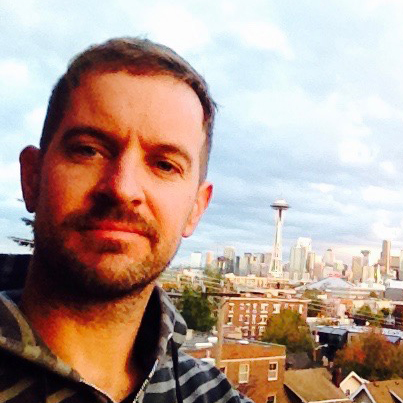Major growth in aquaculture – also known as the “blue revolution” – will depend heavily on a paradigm shift from competition to cooperation, a panel of industry experts asserted on Monday, 5 June at the SeaWeb Seafood Summit in Seattle, Washington, U.S.A.
Pre-competitive collaboration was the buzz phrase at an afternoon plenary that featured talks by Avrim Lazar of the Global Salmon Initiative (GSI) and Jason Clay, senior vice president of the WWF.
Lazar pointed to GSI as a beacon for pre-competitive collaboration. Established in 2013, GSI now comprises 12 aquaculture companies that produce about 50 percent of the world’s farmed salmon. Within the GSI framework, companies trade information openly.
“We have workshops in which companies representatives from around the world – Norway, Canada, Chile – can sit down at table and say: Have you found a way of solving this or that? These conversations are detailed and technical and completely open,” Lazar said.
Lazar highlighted GSI’s work in combating sea lice and other in diseases in farmed salmon, adding that Marine Harvest, for example, might spend millions on developing lasers to zap sea lice off fish and “instead of quietly moving forward with what they’ve learned, they actually teach it to all the other companies.” This can slash learning curves by a decade and save other companies millions in research and design.
“What might have taken 10 or 15 years to fully work its way through all the companies gets worked through in one or two years because of rapid sharing, because people don’t go down the same blind alleys,” Lazar said.
And while it may seem counterintuitive in a business sense, Clay noted that a bottom-up approach is the only way to create a holistically robust industry.
“The reputation of the entire industry is only as good as its worst performer…We know that pretty much for any commodity entering into global markets, the bottom 25 percent of producers by performance actually produce about 50 percent of the impacts we care about but only about 10 percent of the product,” Clay said.
In fact, Clay noted that the very formation of GSI ultimately came down to a business decision. Buyers encouraged the farmed salmon companies to become more sustainable and the companies realized that goal would be easier to reach if they worked together.This kind of attitude, according to Clay, will be key if aquaculture is to fulfill its promise of providing protein for a growing population.
“In the next 40 years, we have to produce twice as much food as we do today…We have to learn faster,” Clay said.
Beyond combating bio-security, Clay added that collaboration could lead to huge and necessary advances in minimizing waste.
“In the U.S., we’re wasting about 52 percent of seafood all-in, from point of origin through the end of consuming. We could double net food availability simply by avoiding waste,” he said.
Other important realms that could benefit from a pre-competitive approach in combating illegal, unregulated and unreported (IUU) fishing and drafting long-term contracts.
“One other place where we’re seeing the beginnings of pre-competitive behavior is work on long-term contracts…People are using long-term [contracts] to adapt to climate change, to leverage investments into longer-term sustainability issues, [and] to help produces make animal welfare production facilities that take more than a year to develop,” Clay said.
Clay also called for a pre-competitive approach to venture capital so new technologies serve companies across the industry, instead of providing isolated advances for companies with access to money.
“Basically what we’ve said is that to solve what appears to be a looming shortfall between our capacity to produce food and what people are going to need to eat does not require just technical innovation, it requires social innovation,” Lazar said. “We’re not going to get from here to there in the lab. We’re going to get from here to there in the boardroom.”






